AO Edited
Rynek Underground
Beneath Kraków Old Town's main square lies a hologram-filled medieval market vampire graveyard wonderland.
Standing on the cobblestones of Kraków’s historic market square, it would be easy to miss the 4,000-square-meter archaeological site/high-tech multimedia extravaganza a mere four meters below your feet, known as Rynek Underground.
The subterranean excavation of the square began in 2005, after the discovery of various artifacts around Kraków’s famous Cloth Hall led to speculation about what else might be found below street level. What was discovered was a treasure trove of items and structural remnants that paint a vivid picture of everyday commercial life in Kraków over the past 700 years, and even beyond.
The unique, fully-underground excavation uncovered not only the remnants of merchant stalls and various quotidian objects — such as weights, coins, clothing, and jewelry — but also preserved stretches of medieval thoroughfares, remnants of a settlement that was destroyed by raiding Tatars in 1241, centuries-old aqueducts, and a cemetery showcasing some of the peculiar burial practices of the 11th century.
Rynek Underground, opened in 2010, is the museum that was built to showcase this treasure trove of Kraków history, and mixes the artifacts and restored archaeological sites with lasers, smoke machines, holograms, and 600 three-dimensional models of everyday objects manipulated via 37 touchscreens. Visitors to Rynek Underground are first greeted by holographic 14th-century Krakovians projected onto a curtain of smoke, which is parted to reveal an immersive environment representing daily life in medieval Kraków
Included in the historical cornucopia are displays depicting burial practices from 1,000 years ago, including the method for burying a suspected vampire. Long-established in Polish folklore, vampires were believed to only become creatures of the night after death. Likely candidates for future vampirism could be identified via their red hair or rows of extra teeth. In order to prevent the undead from rising, “vampires” were buried in a fetal position, with hands tied and heads cut off and placed beneath their feet. This would, it was believed, slow them down quite a bit upon reanimation — and you can see it in practice at Rynek Underground.
Given the popularity of the museum and the fact that occupancy is limited to 300 at a time, visitors are advised to buy tickets in advance for a particular entry time. If you have kids, don’t miss the kids’ room, which includes a rousing automated puppet show. If you like lead, don’t miss the 693-kilogram “lead loaf,” which was a highly valuable metal before people figured out that it’s pretty poisonous.
Community Contributors
Added by
Edited by
Plan Your Trip
The Atlas Obscura Podcast is Back!












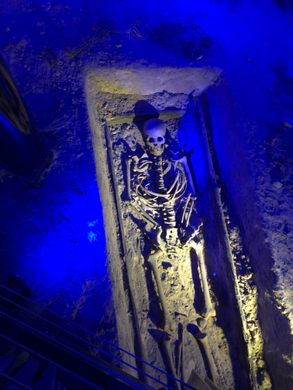




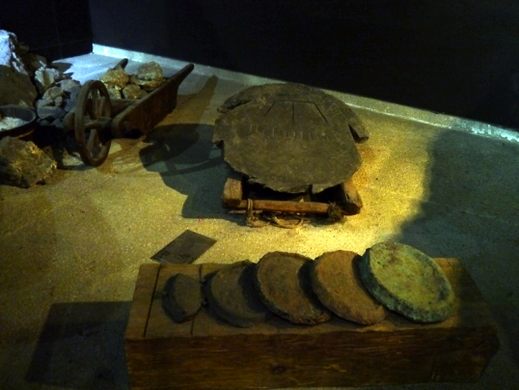







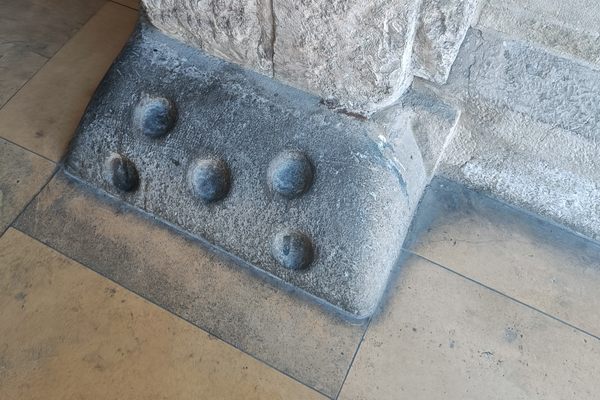
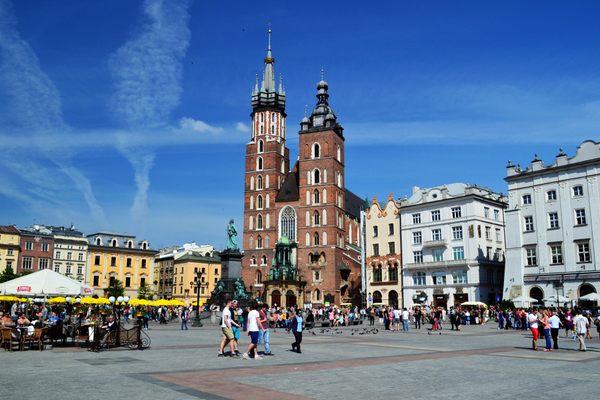
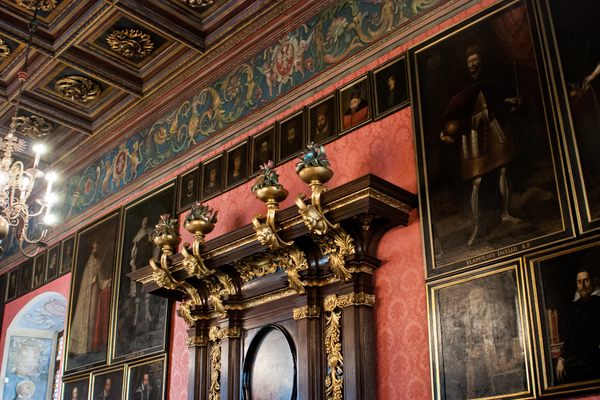
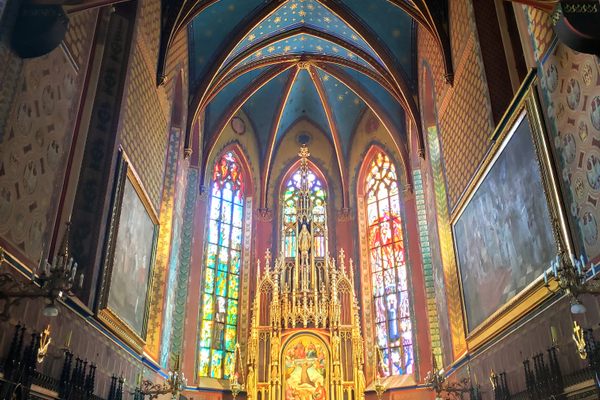


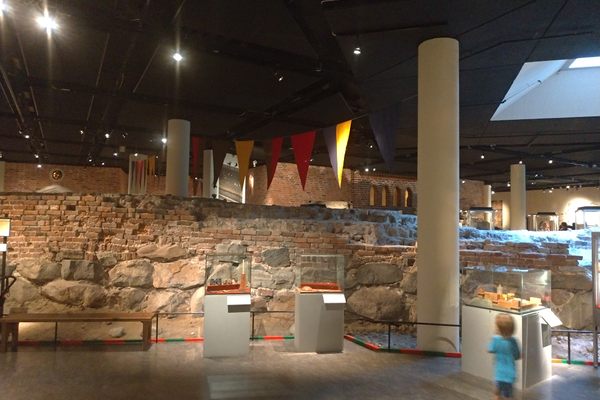
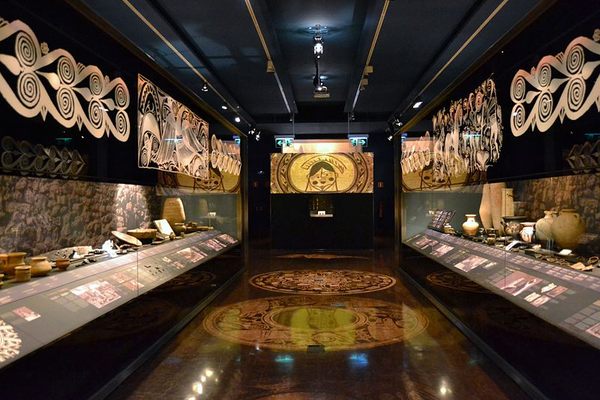


Follow us on Twitter to get the latest on the world's hidden wonders.
Like us on Facebook to get the latest on the world's hidden wonders.
Follow us on Twitter Like us on Facebook